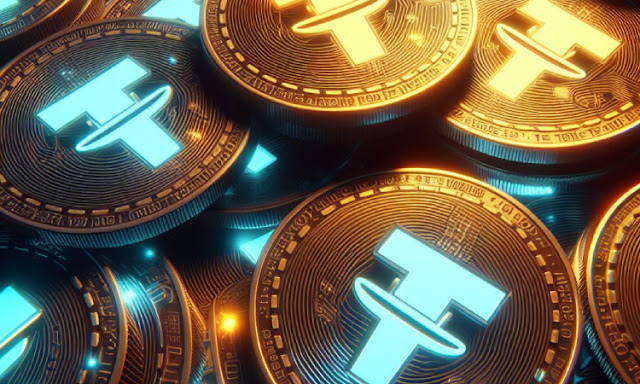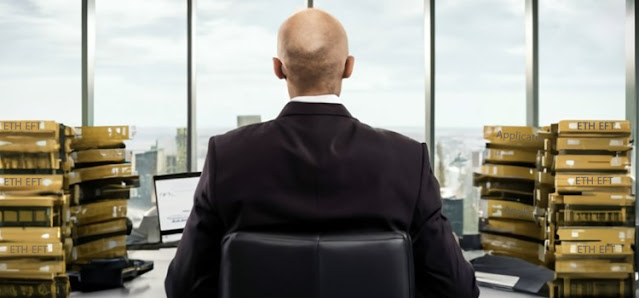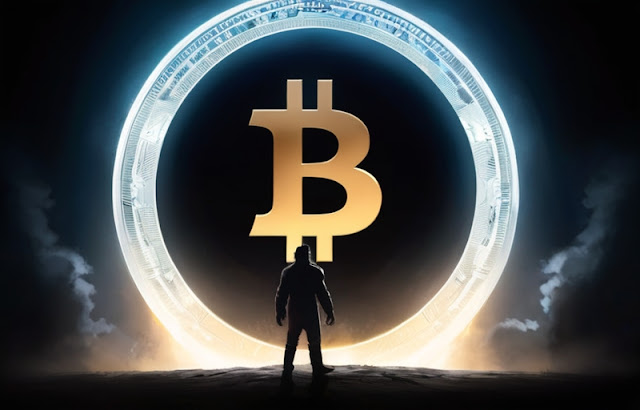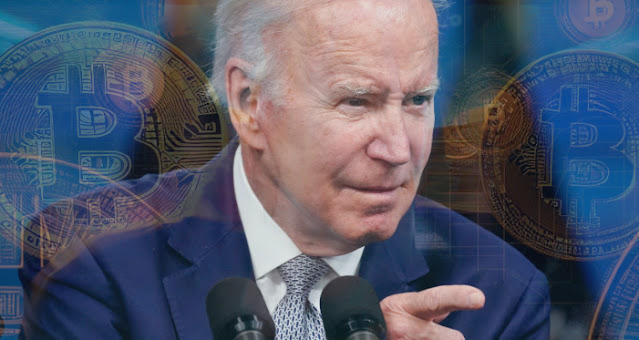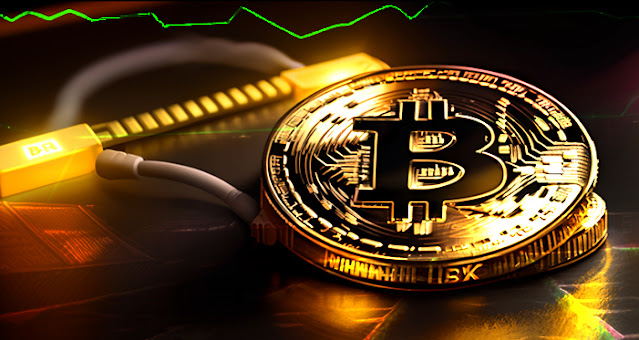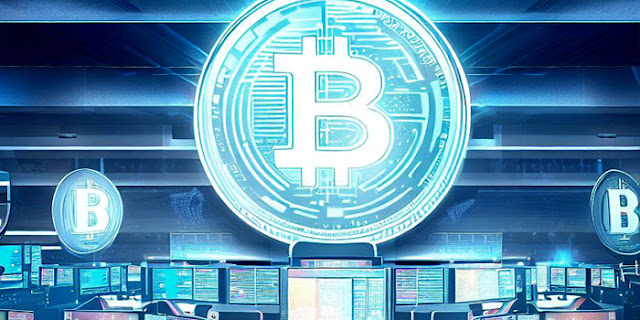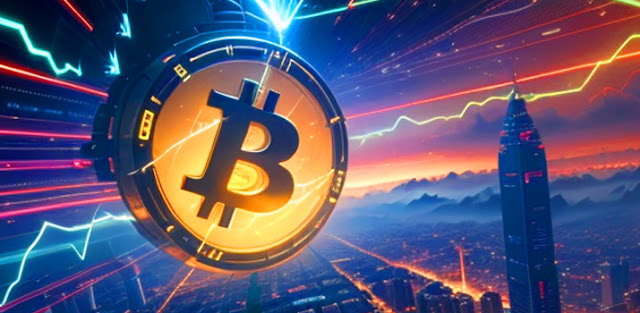There is one thing in crypto people can actually predict correctly - the next Bitcoin halving event. This changes the amount of Bitcoins miners receive as a reward for contributing computing power to keep the network running.
It effects the entire ecosystem because it decides the total amount of Bitcoin in circulation, halving instantly cuts the rate that number was growing in half.
Initially, the reward for mining a block of transactions was 50 BTC. Then in 2012, this was 'halved' to 25 Bitcoins, again in 2016 it was halved to 12.5 BTC. Then most recently, May 2020, halved again to 6.25.
Cutting their reward in half may sound drastic, but for some perspective, back when the reward was 50 Bitcoins per block mined, the most that was ever worth was $1000 when Bitcoin hit $20 in 2011. If Satoshi wasn't thinking long term, and these halving events were never programmed in, it would be like creating $300 million in new coins every day at today's price.
Of course, prices would never have come close to what they are today if miners were constantly flooding the market with lots of easily earned coins.
Just like when a nation's government prints money, if they do too much, everyone's money becomes worth a bit less. When politicians create more money because they want more money, not because the economy actually grew, we get inflation. Bigger, but only because it's been filled with worthless hot air.
Some say Bitcoin has the solution to inflation built in to it...
These 2 rules make it different from any currency in human history:
First - no one has ability to create new Bitcoins. Sure, it is a virtual item, and if your wallet isn't connected to the internet, you can mess with the code until the wallet believes it's holding 10 instead of 2 BTC. Problem is, as soon as that wallet tries to use one of these counterfeit coins from nowhere, the transaction will fail. A blockchain is literally a record of where every legitimate coin belongs, and no one is going to hack those records of the majority of miners (about 500,000 systems running thousands of different configurations). Yet even with this seemingly bulletproof security, there's still way too many people easily fooled in to opening the front door and letting thieves right in, but that's another story.
So while no person can suddenly create a bunch of new Bitcoins, the code does this on its own at a rate for healthy growth, and since that rate isn't a secret, there's no surprises. Ironically, Bitcoin is constantly labeled volatile and unpredictable by the media, when it couldn't be more stable, and completely predictable. It's the humans trading it who seem to be constantly switching between buying as much as they can and selling it all off.
New Bitcoin needs to be created to entice people to mine it, and just enough is created to accomplish that. Satoshi assumed as as time goes on, it would either be dead or growing in popularity, Satoshi set the rate of creating new comes to become LESS as and more people use it. This is a one of Bitcoin's major attractions to economists, bankers and investors, as it greatly raises the odds of Bitcoin having a positive long term outlook.
As time has gone on, the price tag on one of these halving events has a lot more people paying attention to them - the one set to happen next year will significantly reduce the annual amount of new Bitcoins by a whopping 164,250 coins - a dollar equivalent of dropping from $11.5 billion to $5.7 billion.
It's a delicate balance, and the next shake-up may throw some people off...
Mining experts from Blockware Solutions have crunched the numbers following the 2024 halving, examining the impact on different miners with a range of different hardware, and their report discovered a very a real risk for those running older, less efficient systems.
The study even priced Bitcoin slightly higher than it is today, at $35,000, and used a network hashrate of 420 EH/s - the results show that a staggering 24% of Bitcoin's miners becoming unprofitable, spending more on electricity than they'd earn in Bitcoin - it's safe to assume they'll all just pull the plug.
The survival of the fittest will be evident as only those miners equipped with the latest technology will thrive. Older rigs, with their diminishing efficiency, will need to be able to sell Bitcoin their Bitcoins at considerably higher prices, especially if electricity costs spike.
The Silver Lining For Bitcoin HODLers...
There's a popular belief that with fewer Bitcoins entering the market, demand might outstrip supply, potentially driving up prices. The low efficiency miners that would be eliminated are also typically the ones who immediately sell everything they earn, so removing their constant supply of new coins to the market could be good for anyone holding bitcoin.
Blockware Solutions' comprehensive report also illustrates how cutting-edge equipment like the Antminer S19 and Antminer S19XP have a lower threshold for profitability and should continue to bring a profit for miners using them post 2024.
When you hear those estimates of "$1 million bitcoin" - this is what they're talking about, and why the dates they give are 15-30 years away. Because with a steady, fairly reasonable growth rate, 20 years from now Bitcoin could be incredibly popular, and the supply of new coins so small, the only option buyers will have is to will continually raise the amount they're willing to pay.
The more difficult it becomes for someone to get Bitcoin, the tighter HOLDers will grip on to what they have.
-------
Author: Mark Pippen
London Newsroom
GlobalCryptoPress | Breaking Crypto News

